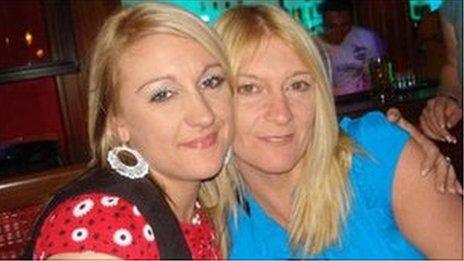Domestic abuse: Police 'nearly overwhelmed' by increase
- Published
Lindsey told Jeremy Cooke about the abuse from her ex-partner
Police in England and Wales are on the verge of being "overwhelmed" by "staggering" increases in reports of domestic abuse, inspectors say, external.
Recorded cases rose 31% between 2013 and 2015, Her Majesty's Inspectorate of Constabulary (HMIC) said.
It said this had led to "excessive" workloads and affected the quality and speed of investigations in some forces.
Meanwhile, a separate HMIC report found 31 out of 43 forces must improve their protection of vulnerable people.
HM Inspector of Constabulary Zoe Billingham's report is a follow-up to one published by HMIC in March 2014, external, which highlighted "significant weaknesses" in the service police gave domestic abuse victims.
The new report notes improvements since then, including a 31% increase in "domestic abuse related crimes" recorded by police - from 269,700 in the year to August 2013, to 353,100 in the year to March 2015.
Explaining why this is an improvement, the report says the rise could be partly due to better recording by police and forces "actively encouraging" victims to come forward.
There has also been a "determined effort" by police to make domestic abuse a priority, the report adds.

'They take everything away'
Lexy Godden told BBC 5 live she was married to a man who subjected her to domestic violence.
"I was in a relationship for 13 years, the violence got really bad when I got pregnant with my daughter. He tried to strangle me.
"He said he wasn't going to do it again. He threw a battery at me just before I gave birth, and abused me again when I had my son.
"Eventually I thought 'this isn't right, I need to leave. I want to live a normal life'. I was worried about my son and daughter as well. You're in your own little bubble and they've taken everything away from you.
"When I went back to pick up my clothes the police weren't very compassionate and kept telling me to hurry up, in case he comes back. So I forgot half the clothes that I wanted to take.
"I would always say get out of the relationship. Just go, because it's not worth it."
Sussex Police, which dealt with Ms Godden, says it will not comment on individual cases but did say "stopping domestic abuse remains a priority".

But it highlights problems including:
"Limited evidence" of forces engaging with victims for feedback
"Mixed" attitudes among officers, sometimes leading to victims "losing trust and not being willing to report subsequent abuse"
Some forces not monitoring their domestic abuse data for "insight", meaning they "do not have a good understanding of their performance"
"Wide variation" between forces on arrest rates for domestic abuse call-outs, suggesting victims are subject to a "postcode lottery"
Forces using a "range of different and therefore inconsistent practices" when assessing risk
"Inconsistent awareness" - especially among response staff - of coercive and controlling behaviour
"Over-reliance" on e-learning training packages
"Extremely varied" use of Domestic Violence Protection Orders, which can protect victims immediately after abuse incidents
The report notes the "enormous" number of people affected by domestic abuse - with 900,000 calls to police in England and Wales in the 12 months to March 2015.
Louisa Rolfe, of the National Police Chiefs' Council and temporary deputy chief constable of Avon and Somerset Police, said many police forces were working "really hard" to prioritise domestic abuse cases.
"New officers are being trained, many forces are investing more in their specialist teams, but also fundamentally we're making sure that every frontline officer has the right skills and the right tools available to them to deal with this effectively, because not every case will go to a specialist team.
"So I think we're stretched but not overwhelmed."

What is domestic abuse?

Violent, physical, sexual, psychological or emotional abuse - including threats and intimidation - in your home or elsewhere by your current or former partner, or any other adult family member.
It can also include financial abuse, such as a partner controlling your use of money or running up debts in your name.
Men and women can both be perpetrators and victims of domestic abuse, and victims are encouraged to call the police.
In 2012 the government extended the definition of domestic violence so that young people aged 16 and 17 would be included. Wording to cover coercive control was also introduced.
Sources: Met Police, external, Money Advice Service, external, NPCC, external

'Inadequate' protection
In its separate report on protection of vulnerable people, external, HMIC graded all 43 forces in England and Wales, rating 12 "good", 27 "requires improvement" and four "inadequate". No force was rated "outstanding".
The four forces rated "inadequate" were Bedfordshire, Essex, Staffordshire, Surrey.
Forces use different definitions of "vulnerable", but criteria can include age, disability and being a victim of repeated offences.
Ms Billingham said: "We witnessed a clear commitment from forces to improve the service they provide to vulnerable people generally. This determination now needs to translate into effective and consistent support and protection."
Mark Castle, chief executive of charity Victim Support, said: "This report makes disturbing reading, highlighting widespread failure by the police to identify, assess or support the most vulnerable victims of crime, in particular children."
Jane Keeper, from the domestic abuse charity Refuge, said more resources were needed for police to prevent "a further slippage in standards of investigation".
- Published15 December 2015
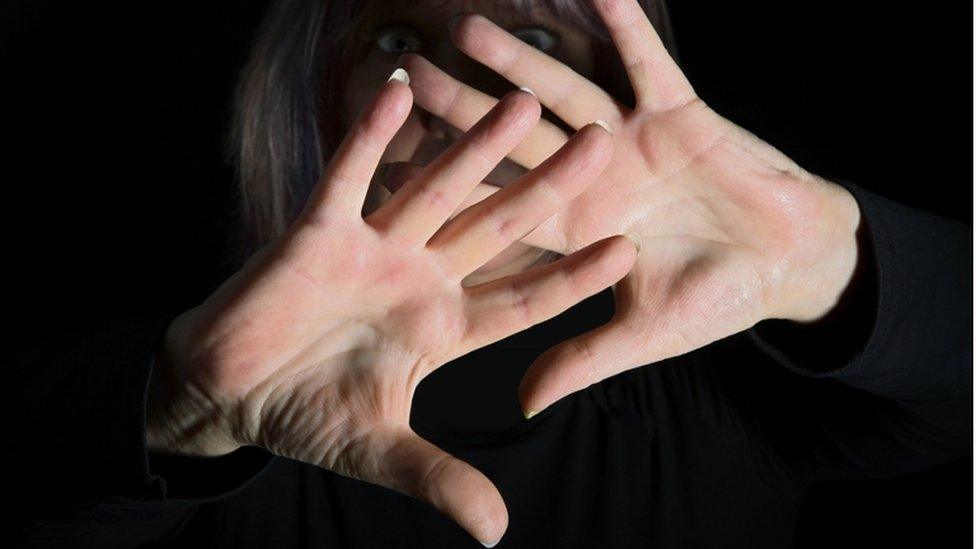
- Published18 December 2014
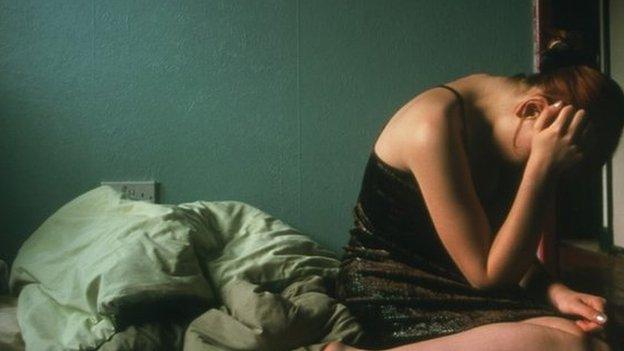
- Published21 September 2015
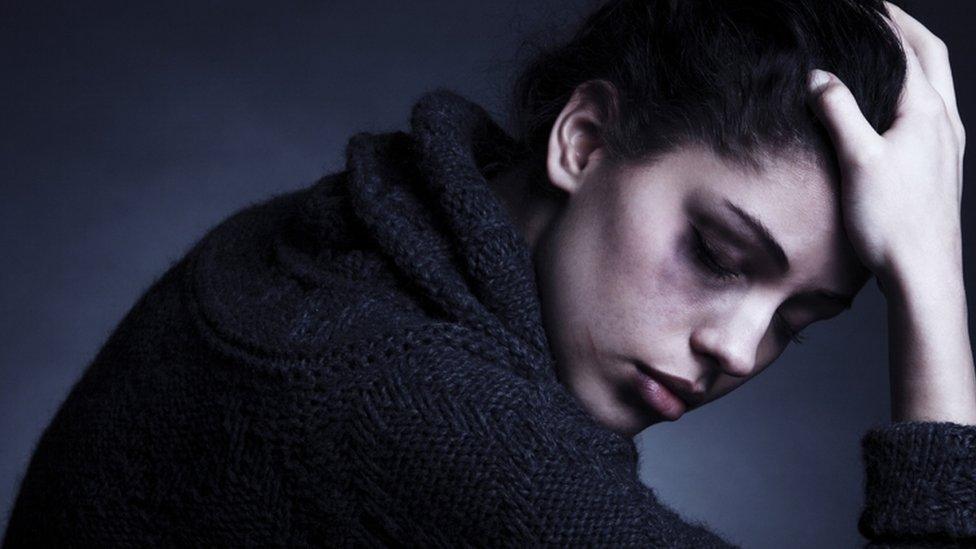
- Published27 August 2015
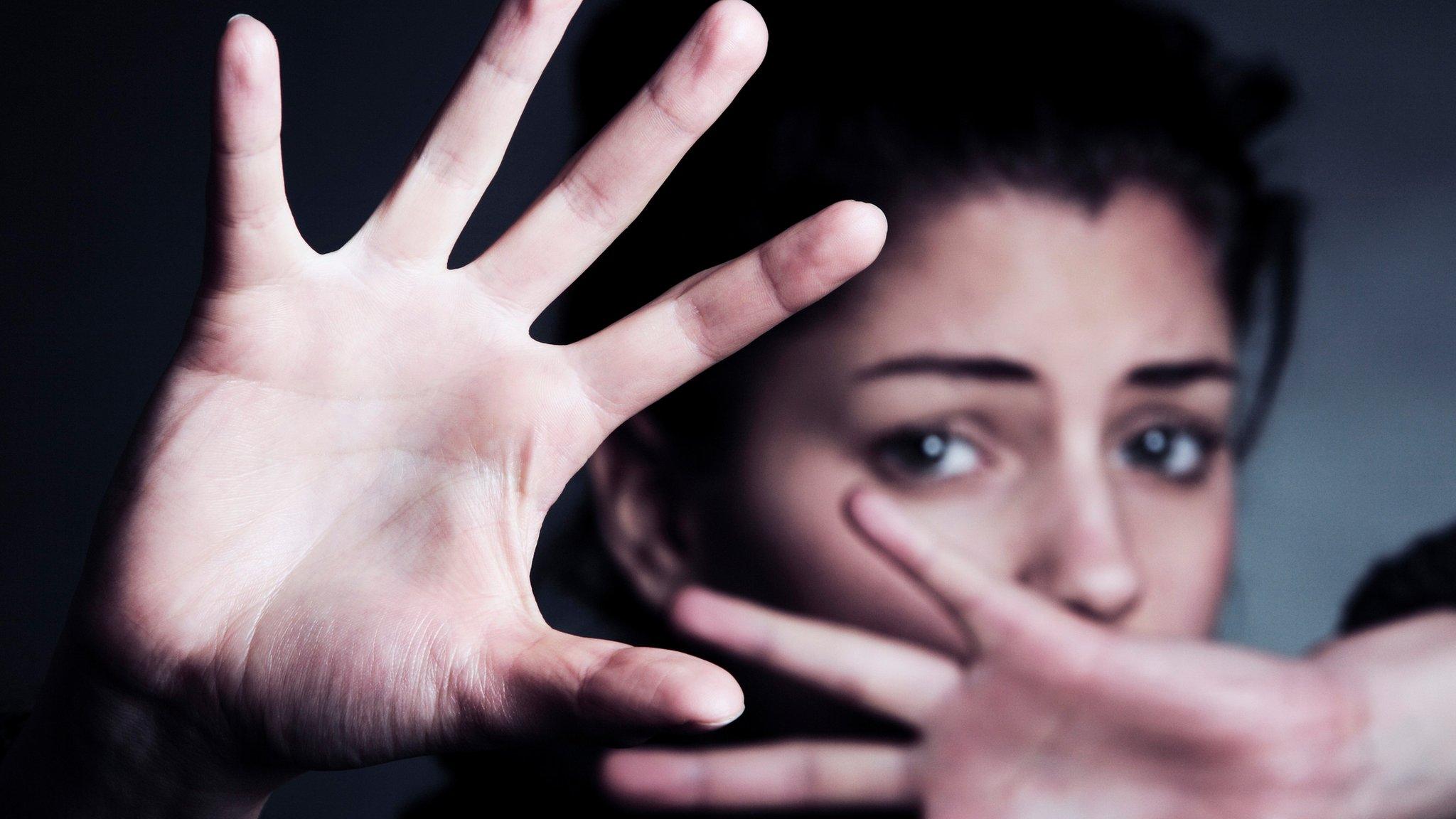
- Published27 March 2014

- Published8 July 2015
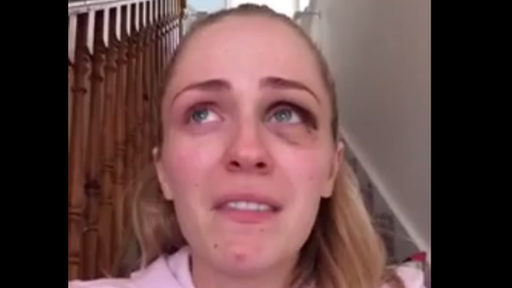
- Published22 May 2014
